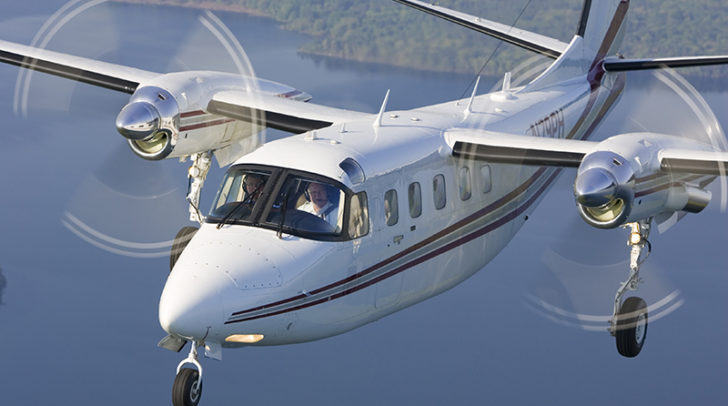By Suzanne Meiners-Levy

In what is welcome news to the general aviation community, effective January 22, 2019, use of a qualified ADS-B Out system in support of RVSM operations eliminates the requirement for many operators to apply for an RVSM authorization, a process that cost substantial time and resources for general aviation owners and operators. The rule specifically acknowledges industry concerns about the previously burdensome process, as well as the capability of NextGen technology, and the utility of travel in RVSM airspace. See 14 CFR 91, FAA-2017-0782, Amdt. No. 91-354.
On January 29, 2019, the FAA issued Notice N8900.500, further clarifying the streamlined process for RVSM operations with qualified ADS-B Out equipment operating in US airspace. Advisory Circular 91-85B issued the same day, provides additional authorization guidance. Provided that the aircraft, equipment, and crew all meet RVSM requirements as described in the rule, qualified operators may now use the email template on the North American Approvals Registry and Monitoring Organization to provide notice of the initial flight, and then simply continue to properly annotate RVSM flight plans in their books and records. This new process eliminates operators from waiting on a signature from an FAA inspector. International operations, as well as RVSM travel for aircraft not equipped with qualifying equipment, still require use of the lengthier approval process.
Professional services companies such as Jet RVSM can provide specific guidance on the requirement of seeking an operator-specific LOA as well as distinguishing between those systems and flights that require the more involved process and those that do not.
Why does this rule impact tax planning and allow for more efficient business operation of aircraft? By reducing the costs and burden on individual operators, the rule change supports flexible use of a general aviation aircraft to support multiple business operations. IRS recordkeeping rules require that aircraft owners and operators clearly document the business use of aircraft. 26 CFR 274-10 provides specific recordkeeping requirements to support the deductibility of business flights. This complex regulation provides that aircraft owners and operators have distinct and separate burdens to establish the business purpose and associated expenses of each flight.
This accurate documentation, and appropriate accounting for the expenses associated with each flight, was complicated when each operator faced a lengthy letter of authorization (LOA) process. Each aircraft lessee, be it the primary operator or a lessee using the aircraft for a limited number of block times hours, previously carried their own burden of seeking a LOA for operations. The lessening of this burden will benefit GA owners and operators in at least three clear ways:
1) It will allow them to make the aircraft available for use under Part 91 lease to multiple business operations more efficiently, better establishing the business relationship between the aircraft operator and the party bearing the expense of the flight;
2) It will allow owners to offset operational expenses through more efficient third-party leasing; and
3) It will facilitate compliance with state tax sale for resale arrangements which often encourage leasing to multiple parties. (Many state authorities have focused upon the number of parties leasing the aircraft as evidence in favor of the intention behind the aircraft purchase and the legitimacy of the sales tax exemption.) Entering new lease arrangements is now made more feasible and efficient through this streamlined process.
Owning and operating general aviation aircraft is an exercise in maximizing business efficiencies by saving time; re-centering the time and energy of executives on the primary work rather than on the hassle and unreliability of commercial air travel. This long-awaited improvement in the RSVM authorization process builds upon the end goal: making it easier to take to the skies.
Suzanne Meiners-Levy, Esq. is a Shareholder in Advocate Consulting Legal Group, PLLC, which serves the needs of general aviation clients throughout the country. For more information see www.advocatetax.com.
